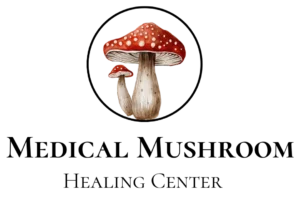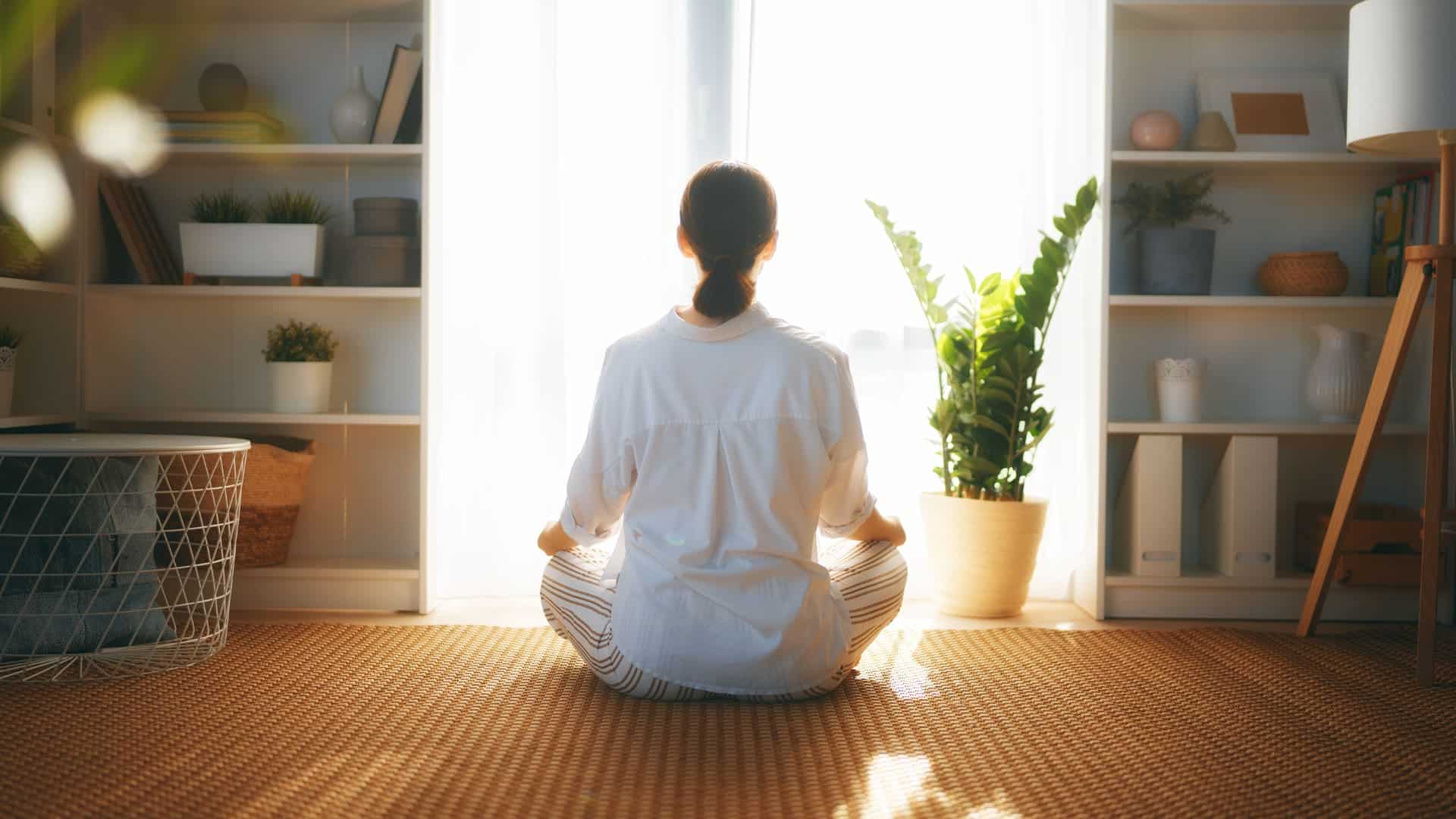She was tired of feeling heavy. Not just in her body, but in her heart, in her mind. Every morning felt like a mountain. She had tried the usual stuff: therapy, meds, yoga, and green juice. None of it stuck. Some days, she didn’t even want to try anymore.
Then a friend texted her something weird: “Ever tried mushroom bars?” She laughed. “Like… magic mushrooms? In a candy bar?” It sounded like nonsense. But the thought stayed with her. Not because it was silly, but because nothing else had worked.
She googled. She read stories. People were using mushrooms to feel better. Not in some wild party. But in safe, guided ways. At home. With calm music, soft light, and help from someone who cared. Could a tiny chocolate square shift her mood?
She had questions. Is it safe? Is it legal? Does it work, or is this just another trend with pretty packaging?
She didn’t want hype. She wanted hope.
So, she gave it one week. One bar. One quiet evening.
That’s where things started to change.
Could something so small help someone feel human again? Could a mushroom bar help with depression, for real?
Let’s find out.
How Mushroom Bars Help with Depression
Depression isn’t always loud. Sometimes it’s just nothing. Like you’re walking through fog with no shoes on. You don’t cry. You don’t scream. And you just feel kind of gone.
That’s how she felt—not broken, just off. Like someone had turned the colors down. And friends told her to get fresh air. Try journaling. Be grateful. She smiled and nodded. But nothing changed.
Then came the mushroom bar. Tiny. Chocolate. Harmless-looking. But it came with instructions and a real human to talk to. Not just “eat this and good luck.” She sat, listened, and let the bar melt on her tongue.
In a recent 2025 clinical trial, people with really bad depression took a compound found in mushrooms. Over half of them felt better for weeks after, even when other meds had failed.
It wasn’t magic. It was medicine, but different. Slower. Softer. Smarter.
And for her? That fog started to lift. Not all at once. But enough to notice the light again.
How Microdosing Mushrooms Helps with Anxiety and Depression
She didn’t want to trip. She wasn’t trying to see colors dance or talk to trees. She just wanted to feel like herself again—less panic in the mornings, fewer tears in the car, and more space in her brain to breathe.
That’s when she learned about microdosing. Tiny, barely-there amounts of mushrooms. Not enough to make you feel weird. Just enough to take the edge off. Think of it like turning the volume down on anxiety and turning the lights up on life.
At MMHC, they don’t hand you a handful of mushrooms and say, “Go for it.” They guide you. They help you track how you feel. They make sure your brain and body stay safe. That structure makes all the difference.
Even researchers are paying attention. The National Institutes of Health says microdosing, “or very small amounts (e.g., one-tenth or one-twentieth of a typical nonclinical dose),” shows “promising signals” for anxiety and depression, but only when it’s done with care and proper support.
For her, the microdose didn’t flip a switch. It opened a door. A little calmer. A little less fear. And it’s enough to show her: healing is possible.
How Mushroom Therapy Supports Mental Health Recovery
She didn’t need a quick fix. She needed real change. Something that could hold her when the world felt too loud, too much, too fast. Something steady. Something honest.
That’s what mushroom therapy turned out to be, not just a bar of chocolate, but a whole plan. A rhythm. A soft place to land. Each week, she had someone to talk to. Someone who asked real questions. Someone who listened. The bars helped her go inward. The support helped her come back out, a little stronger each time.
Turns out that combo—mushrooms and therapy—has science behind it. In 2025, researchers followed up with cancer patients who’d tried a single guided mushroom session. Two years later, most of them still felt less depressed. Not weeks. Years. That’s not a band-aid. That’s healing.
For her, the work wasn’t always easy. But it was different. It wasn’t about fixing what was “wrong.” It was about learning how to feel again. With help. With care. With space to be human.
And for the first time in a long time, she wasn’t just surviving. She was healing.
How Guided Mushroom Meditation Works
She thought meditation meant sitting still and thinking of nothing. That didn’t work for her. Her brain didn’t do quiet. It did loops. Loud, messy loops.
But guided mushroom meditation? That was something else. She took her bar. She sat on the floor. A calm voice led her through breathing, through body scans, through thoughts she usually avoided. The mushroom bar didn’t erase the noise—it helped her listen without freaking out.
Guided meditation, especially with mushroom assistance, is gaining serious attention. In 2025, the U.S. Department of Veterans Affairs started funding research on combining psychedelics with therapy for trauma and mental health. They’re seeing that healing doesn’t have to be loud or dramatic. It can still be. It can be slow. It can happen inside you.
At MMHC, we’ve designed every meditation for real people with real emotions, not monks on a mountain. She felt safe, supported, and surprisingly okay with feeling her feelings.
It wasn’t about controlling the mind. It was about meeting it—gently—and not running away. That was new. That was powerful. That was peace, one breath at a time.
How Mushroom Chocolate Bars Are Used for Depression Relief
She wasn’t into pills. They made her feel flat, foggy, or just… not like herself. So, when she heard “mushroom chocolate bar,” she raised an eyebrow. “You’re telling me candy helps with sadness?” It sounded fake. It wasn’t.
These bars aren’t about getting high. They’re about getting clear. One step at a time.
In clinical trials like the one at UCHealth in 2025, people with major depression were given mushrooms in exact doses. It wasn’t random. It was science. And the results? Their depression lifted. Some even said they felt joy again for the first time in years.
That’s why MMHC uses therapy bars. They’re gentle. They’re easy to take. They turn something scary into something doable. No bitter taste. No weird powder. Just calm, clear, and a little bit sweet.
For her, it wasn’t just a bar. It was a reminder: Healing doesn’t always have to be hard. Sometimes, it starts with a small square of hope.
How Adaptogenic Mushrooms Affect Mood Regulation
She always thought mushrooms were just food. Tasty on pizza. Weird in salads. But healing? That was new. Then she heard about adaptogens—mushrooms that help your body handle stress, like little plant bodyguards for your brain.
Lion’s mane, reishi, cordyceps—these names started popping up everywhere. But this wasn’t just trendy health talk. These mushrooms have been used for centuries to help with focus, memory, and mood. And now? Scientists are catching up.
Jon Diaz from Heart Health Matters showed lion’s mane may support better mood and brain function, especially when combined with mindfulness practices. These mushrooms aren’t magic. But they are smart. They help the nervous system stay balanced, so stress doesn’t run the show.
At MMHC, the mushroom bars often include these gentle adaptogens. No big “trip.” No fireworks. Just steady, daily support. For her, it felt like going from chaos to calm without even realizing it at first.
Little by little, her moods didn’t swing so hard. Her thoughts felt less jumpy. It wasn’t a rush—it was a reset. The kind that your mind thanks you for later.
When Nothing Worked, This Did
She didn’t need another lecture. Or another bottle of pills. She needed real help, real care, and real hope. That’s what she found with MMHC. Not just mushroom bars, but a full path forward. Gentle guidance. Safe structure. Real results.
Whether you’re burned out, stuck, or just done trying things that don’t work, this is your next step. MMHC isn’t a clinic. It’s healing from home, on your terms, with people who get it.
Start small. Stay safe. And finally feel better.
Ready to feel like yourself again? Contact MMHC now.
Frequently Asked Questions
Q1: What are mushroom therapy bars?
They’re pre-measured chocolate bars infused for emotional support.
Q2: Will I hallucinate or lose control?
Not with our guided microdosing programs—doses are safe, light, and structured.
Q3: Is this legal?
MMHC operates only in areas where guided use is permitted.
Q4: Can I do this from home?
Yes! All programs are remote, safe, and designed for home healing.
Q5: How long does it take to feel better?
Many feel shifts within 2–4 weeks, depending on the program.
Q6: Are these bars the same as recreational mushrooms?
No, they’re carefully dosed, science-backed, and part of a healing plan.
Q7: What if I don’t want to “trip”?
You won’t. Our microdoses are calming, not trippy, and fully guided.
Q8: Are there side effects?
Most report mild effects like calm or focus, no major side effects.
Q9: Can this help with anxiety, too?
Yes, many find relief from both anxiety and depression symptoms.
Q10: How do I get started?
Just book your free call. We’ll guide you every step of the way.

